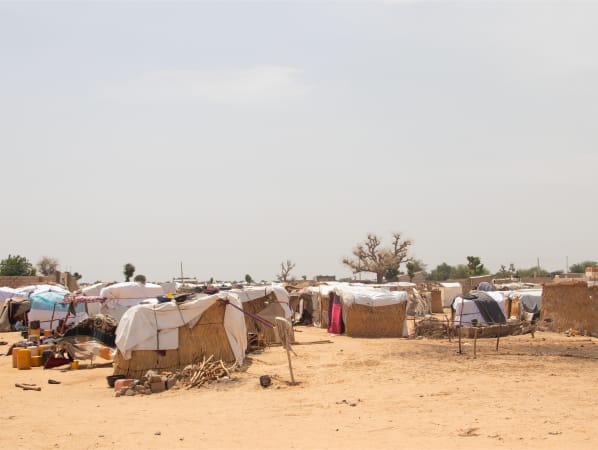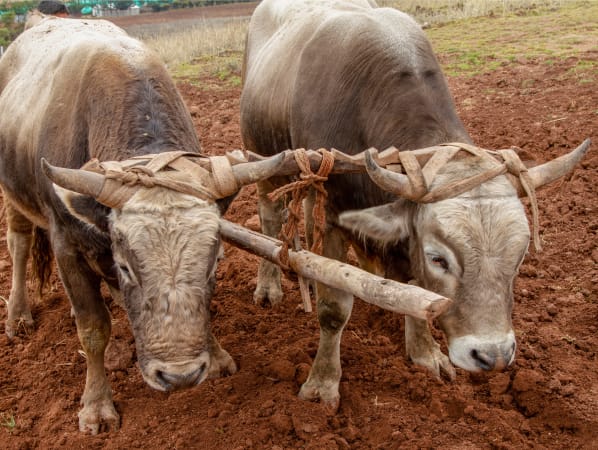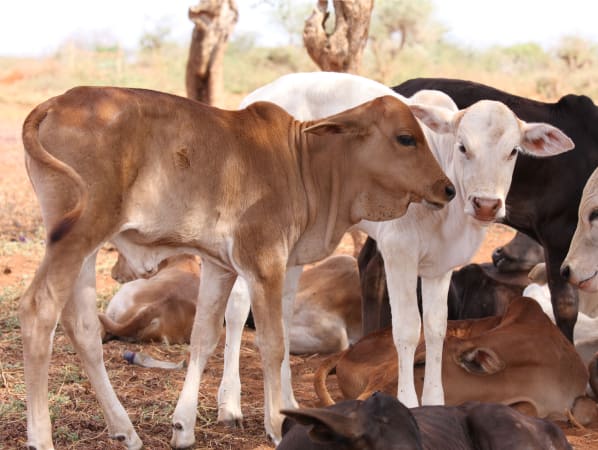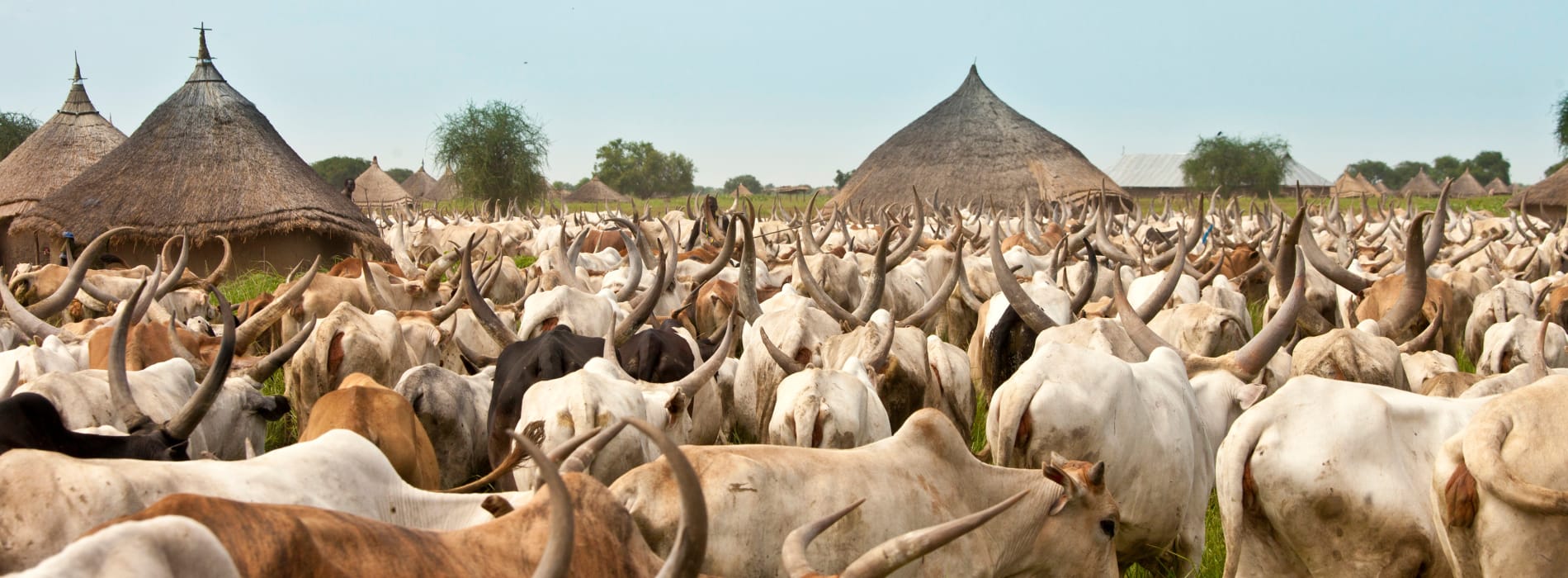
The South Sudan Refugee Crisis
When VWB/VSF arrived in Maban County in April of 2013, a humanitarian crisis was well underway. With as many as 150,000 refugees in the area, international organizations were struggling to get food aid into the region through unreliable barge shipments up the Nile or expensive air drops.
With the immediate focus on food for humans, the issue of livestock was not receiving much attention, yet refugees had brought some 350,000 animals with them —mostly cattle, sheep, and goats. Those animals were consuming scarce water and pasture and were dying at an alarming rate, creating a whole new set of health hazards for the human population.
To further complicate the situation, barely two years after the new country of South Sudan was created in 2011, and just months after VWB/VSF began its work there, the country descended into a new round of civil conflict.
Human Survival Through Animal Action
Addressing the health threats posed by several hundred thousand animals, was a top priority. In partnership with VSF Germany, our response included a program of mass vaccinations, de-worming and treatment of diseased livestock.
To carry out this task, and to ensure that this work would continue, VWB trained 43 Community Animal Health Workers (CAHWs) to administer vaccinations and treat common animal conditions. We also provided training on how to safely dispose of dead animals to avoid the transmission of disease. To support the work of CAHWs, Animal Health Centres were set up in three of the refugee camps.
The second focus involved converting livestock resources to food. Given the cultural complications involved, the support of the communities was essential in this effort. Community leaders opted to spread the meat available across 4500 vulnerable families – including women-headed households and the elderly.
VWB also provided chickens to approximately 250 women-headed households, a first step in re-establishing sustainable livelihoods and improved nutrition.







